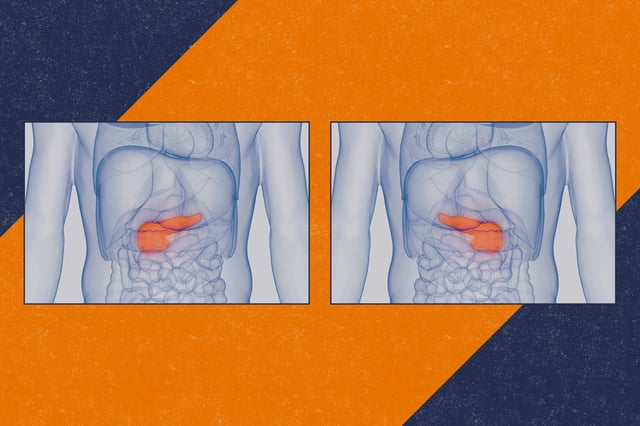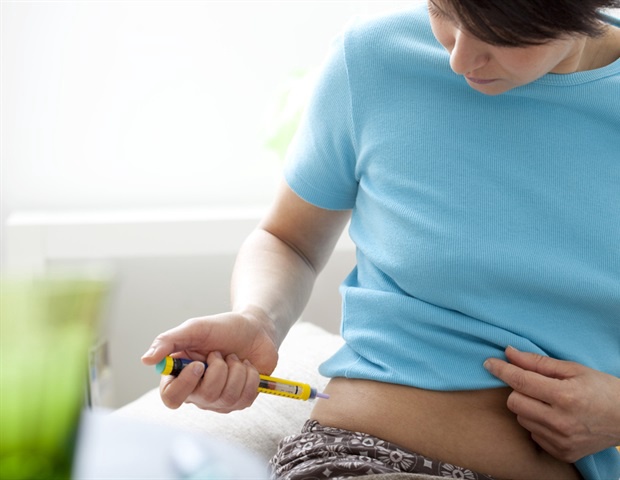Overview
- UVA’s system uses Adaptive Biobehavioral Control to optimize insulin delivery every two weeks and features a personalized digital twin simulation for treatment testing.
- The six-month trial showed a rise in time in target blood glucose range from 72% to 77% and a drop in average hemoglobin A1c from 6.8% to 6.6%.
- Participants can experiment with insulin dosing scenarios in a safe virtual environment before making real-world adjustments to their artificial pancreas.
- The study was supported by the National Institute of Diabetes and Digestive and Kidney Diseases under grant RO1 DK085623.
- Next research will explore the technology’s applicability across age groups, different automated insulin delivery platforms and the sustainability of observed benefits.


